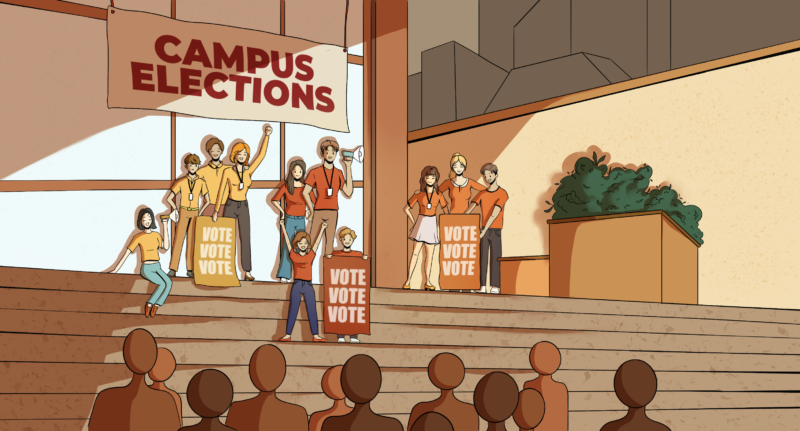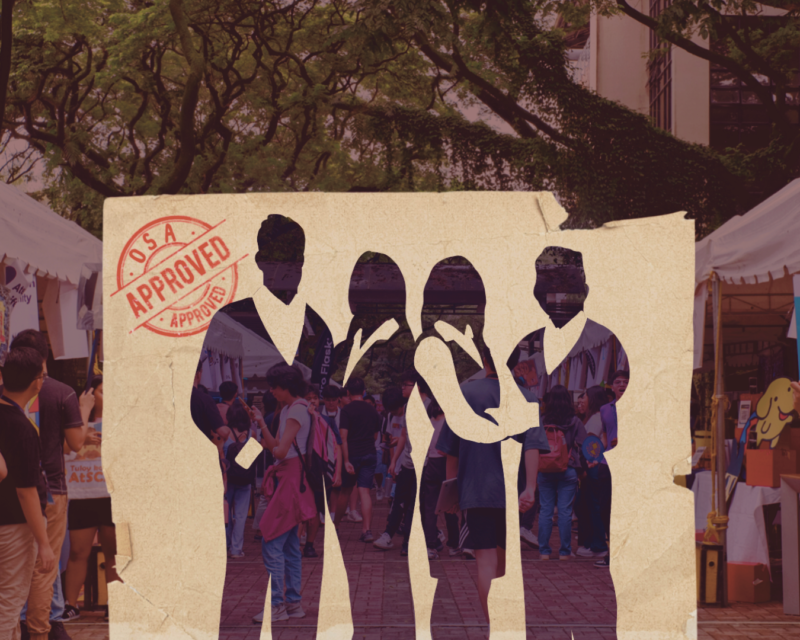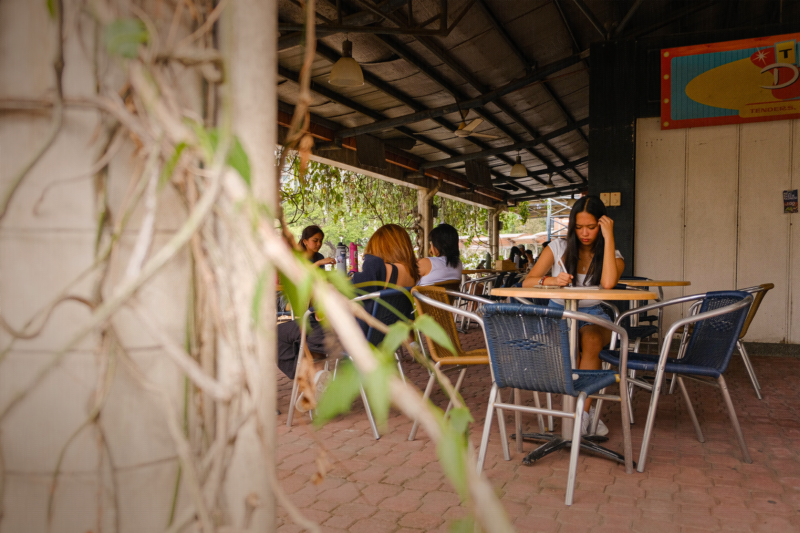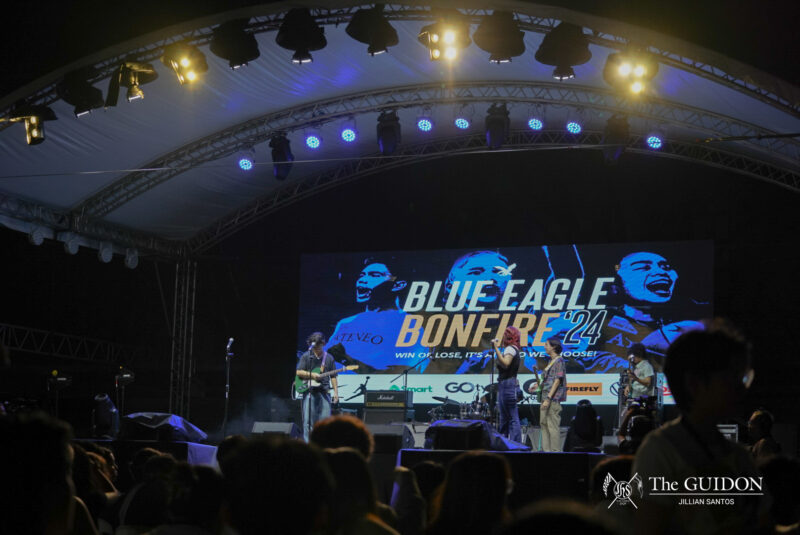On October 5, 2017, The New York Times published an article that sparked global discourse, where reporters Jodi Kantor and Megan Twohey detailed years’ worth of sexual harassment allegations against Hollywood producer Harvey Weinstein. Just a few days after, actress and liberal activist Alyssa Milano effectively re-launched the movement, urging other survivors to share their stories online with #MeToo.
The phrase “Me Too” can be traced back to African-American civil rights activist Tarana Burke In 2006. It is an effort to create a larger platform for people who have experienced sexual abuse and harassment. People began sharing their own stories online by calling out their abusers, and soon enough, the phenomenon became viral.
In both cases, the stories and controversies became hot topics for conversation for an extensive period of time, highlighting not just the underlying issues of Hollywood actors and high-profile celebrities, but of people around the world.
In public acts similar to the #MeToo movement, users take to social-media platforms to share their stories, views, and opinions to spark discourse. Having begun as a way for minority groups to call out their abusers publicly, the culture has since evolved to become one of the primary avenues for pointing out certain injustices or oppressive behavior in the digital space; now perhaps even more appealing than formally filing cases.
Contextualizing call-out culture
The #MeToo movement is just one example of a social phenomenon commonly referred to as “call-out culture.” VOX Media Cafe defines it as “calling out someone publicly, typically on social media, for something they’ve done in the past or a current behavior.”
Today, the phenomenon of call-out culture manifests as a form of online activism—one which many actively take part in, and which demands from internet users a greater sensitivity to certain issues. It necessitates being informed as well as being politically correct in a space where mistakes and problematic ideals are fair game for criticism.
In recent years, the phenomenon has made itself known locally. This is evident in the viral circulation of the “Amalayer” video in 2012, where online reactions stirred the emergence of calling out public misbehavior. Additionally, online discourse surrounding injustice manifested in the near-simultaneous allegations of sexual misconduct that were targeted towards members of the Philippine music scene just last year.
More recently, American TV series Riverdale stars Lili Reinhart and Camila Mendes took to Instagram to call out Cosmopolitan Philippines for slimming down their waists via Adobe Photoshop, which was viewed as a grievance to body positivity and a reinforcement of unrealistic standards within the industry.
Similarly, injustices within institutions can also become a cause for calling out, particularly when the system of bureaucracy and red tape hinder solutions to certain grievances.
The Ateneo Assembly President Janus Maclang points out that the utilization of social media to voice out experiences of harassment is an indicator that the formal institutions that are supposed to hear out these grievances are significantly failing on accommodating and addressing them.
He notes that calling-out has become a necessity, especially as a result of the systematic push of institutions for victims to produce evidence and narratives to the point that it becomes “invasive and uncomfortable.” This is only made worse by what he calls the “longstanding stance of formal institutions to invalidate and trivialize claims of harassment.” Calling-out is a “welcome development, as it provides more spaces of discourse to raise awareness on issues that personally concern us and hopefully build inclusive solutions to address these.”
For instance, the emergence of pages such as the ADMU Freedom Wall and its free-for-all environment for more sensitive posts illustrates the need for such spaces and how accounts on these spaces quickly become convoluted. The gravity of the issues being shared on these pages, some of which have major implications on the parties involved, have since attracted the attention of the Sanggunian, administration, and even external media outlets such as Rappler and Esquire Magazine.
Reading between the lines
For better or worse, social media has become a deeply influential and pervasive tool for change. The swift dissemination of news and other information through the online space reassures disenfranchised users that their posts will instantly be seen and acknowledged by the online community.
This near-instantaneous judgement cast on the accused is often brought up by social media users as one of the biggest strengths of calling out. In cases where victims are oppressed by their institutions or are not capable of filing a formal complaint, some people come to rely on social media as a seemingly more efficient alternative to the bureaucratic process of filing cases. Once the issue is brought up online, concerned users immediately take sides on the matter.
Communication Department faculty member Gershom Chua affirms this, noting how people who are usually powerless or “muted” by society are finally given a significant voice within the internet.
Chua believes that when people voice out their experiences online, it can serve as a good starting point for real-life change. The culture gives the oppressed a platform to share the wrong done unto them, allowing others to realize that they are not alone in a particular experience. He emphasizes that people regain a sense of agency over themselves when they realize “it’s not just me.”
Political science instructor Gino Trinidad shares these sentiments. He considers call-out culture and online activism as a whole to be vital to the community for the simple fact that the internet is readily available. This easy accessibility fosters social discourse within the community in ways that traditional platforms for communication are not able to do.
Because of the amount of possibilities in communication technology has given to people these days, Trinidad emphasizes that it has become natural for internet users to share their hardships and express their socio-political opinions online, given the generally inclusive nature of the internet as a whole.
Its importance also lies in its ability to prompt institutions to take proper action via the assurance of non-recurrence. Looking forward, perhaps even the “widespread acknowledgement of the systemic faults of society and the promise to change for the better,” Ateneo as an academic institution is no exception to this, Maclang asserts.
Witch hunt
With the frequency of the emergence of online movements over the years, however, some have also begun to question the methodology and efficacy of call-out culture.
Chua warns that calling-out can also devolve into “mob culture,” which can happen if those who join the discourse are uninformed. People also run the risk of reinforcing this culture if they jump in with a predisposition to react negatively, especially when they also have similar experiences of injustice or dissatisfaction. This can result in an impulsive “outburst of emotion.”
The recent Rep. John Bertiz NAIA scandal serves as an example of this. The viral video featured Bertiz angrily confronting airport security, to which Chua notes how it was very easy for people to have knee-jerk reactions, especially for the ones who watched without any context. After the catharsis of expressing one’s sentiment, the conversation could easily stifle and eventually stop, dimming any chances of meaningful change.
In a similar fashion, Aspen Center for Human Development Head Pamela Paresky, PhD states that in today’s society of “post-rational discourse,” emotions are valued far more than facts are. In call-out culture, many online users will instantly side with the accuser, regardless of whether or not the accusations were accurate. Due to this lack of information, users tend to use the “guilty until proven otherwise” manner of judgment in addressing the accused. This has led to call-out culture developing some level of notoriety, as it has a tendency to favor quick verdicts and immediate solutions to problems rather than the verification or presentation of accurate evidence. Moreover, some people also take part simply to destroy the credibility of the accused.
Trinidad also points out the fleeting nature of online activism campaigns as a significant pitfall. Due to the frequent influx of said campaigns and their generally short-lived life span, people are prone to forgetting about one and jumping ship as soon as another emerges. One implication of this idea is how it is possible for people to quickly lose track of why they engage in calling-out in the first place, which can malign the intentions of the campaign or completely defeat its purpose altogether.
Beyond the online court
While the call-out culture has left internet users divided as to its pros and cons, there is no denying that it plays a vital role in global discourse. It puts the spotlight on important issues, narrating the tales of the oppressed through information and emotion.
Social media helps popularize mainstream issues, and such a broad awareness is vital “especially for those who wish to bring about systemic change, as more structural changes require collective action and support,” Maclang stresses. The public aspect of social media lends traction and support from a larger population, providing the necessary clamor for initiating change within institutions.
Trinidad brings up that the key to avoiding the potentially devastating repercussions of calling-out lies in being able to elevate a campaign’s message beyond the digital space in order to have significant and long-lasting effects.
While stirring the tide of the global narrative is already a huge step, it is even more important to ensure that the conversation in the digital world impacts the real one. In the end, after all, call-out culture is ultimately a mere catalyst of change, and not the change in itself







